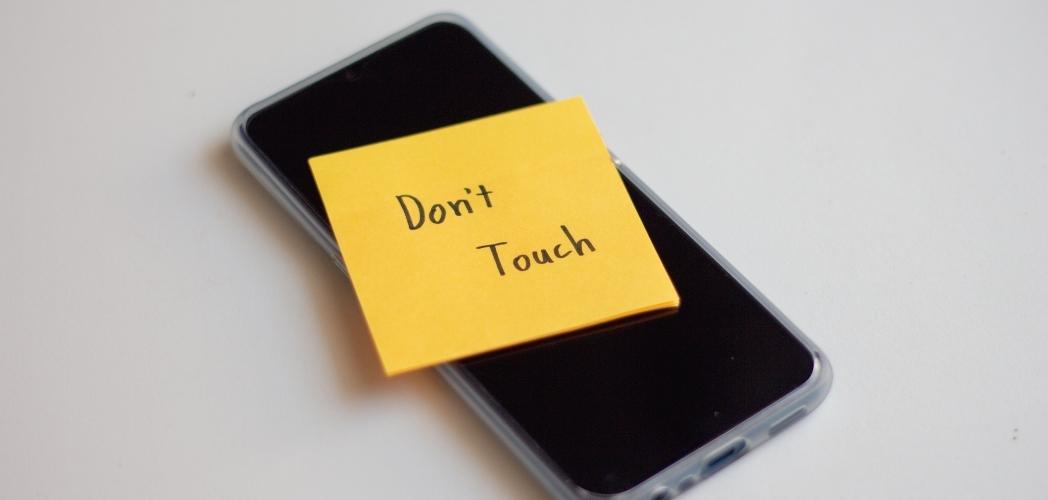4 Ways to Recover from Burnout


Burnout is a feeling most of us have experienced at least once in our professional lives. It is a feeling of always being ‘on’ at work – like a never-ending rat race. In fact, it is so widespread that the World Health Organisation acknowledged burnout as a work-related syndrome caused by workplace stress that has not been managed.
So how do you recover from burnout if going on an extended vacation or switching jobs is not an option?
In this article, we discuss four effective ways to recover from burnout and create sustainable work routines for yourself.
Have your “me time”

This is the time that you get to spend entirely on yourself. Setting aside some time every day to do one thing you love can reduce stress and refresh your mind. Me time or self-care can mean different things to different people. For some, it can mean removing all distractions and engaging in a relaxing activity; for others, it means participating in a hobby they love. Begin by listing the activities you enjoy and including them in your daily routine before or after work. Here are a few things to do to practice self-care and avoid burnout :
- Read a book
- Catch up on your favourite show or movie
- Take a nap
- Stretch or exercise
- Meditate before bed
Remember, this time is best spent without peeking at emails or attending work calls!
Unplug as much as possible

Burnout doesn’t happen overnight. It is usually a product of overworking for a long time. If you have started reading little things like your Teams or Slack notification sound, it might be time to think of ways to unplug after work. Disconnecting from your devices is easier than you think. Instead of deleting the email app from your phone, set ‘sleep’ hours so you do not get notifications after a particular time. Leave your phone in the next room while you’re having your ‘me time’ or spending time with your family after a long day’s work. In addition to this, try to avoid using your phone first thing in the morning. Spend some time performing your morning routine without distractions, and then allow a few minutes to check your notifications.
Pay attention to your sleep

Going to bed at the right (and same) time daily gives your body and mind enough time to recharge fully. Whether you work remotely or just a few days in the office, we are all subjected to numerous daily stressors. Getting this much-needed sleep allows us to reset every night and take on the coming day with renewed alertness and motivation. Some best practices you can follow before bed are keeping your phones aside at least an hour before bed, reading and practising breathing exercises.
Delegate tasks

If you consider yourself a perfectionist, you may be overworking yourself to the point of burnout. Perfectionists tend to take on too much work because they want everything to be done a certain way, adhering to a certain standard. High standards are great, but when it starts affecting your mental and physical health, it’s time to evaluate. Delegating tasks is a great way to ease your mind and show your teammates that you trust them to complete those tasks to the highest standard.
Experiencing tiredness and fatigue while working your 9-5? Here are four common ergonomic problems you might be facing at work and some tips to combat them!
Latest Posts

Codex Unveils Thrive Collection at Autism-Europe Congress
Codex launched its Thrive by Codex x AsIAm neuroinclusive workplace collection at the 14th Autism-Europe Congress in Dublin. The range features Balance Booths, Privacy Seating, and Movement Chairs, designed to help employers create inclusive work environments.

Codex Celebrates Its Third Annual Environment Week
This year’s Environment Week focused on Zero Waste, featuring Planet Mark, Thorntons Recycling, electric fleet updates, and the launch of the Codex Cares Repair Station, focusing on driving sustainability at work and at home.
STAY IN TOUCH
Trending Posts
Codex Unveils Thrive Collection at Autism-Europe Congress
Codex launched its Thrive by Codex x AsIAm neuroinclusive workplace collection at the 14th Autism-Europe Congress in Dublin. The range features Balance Booths, Privacy Seating, and Movement Chairs, designed to help employers create inclusive work environments.





